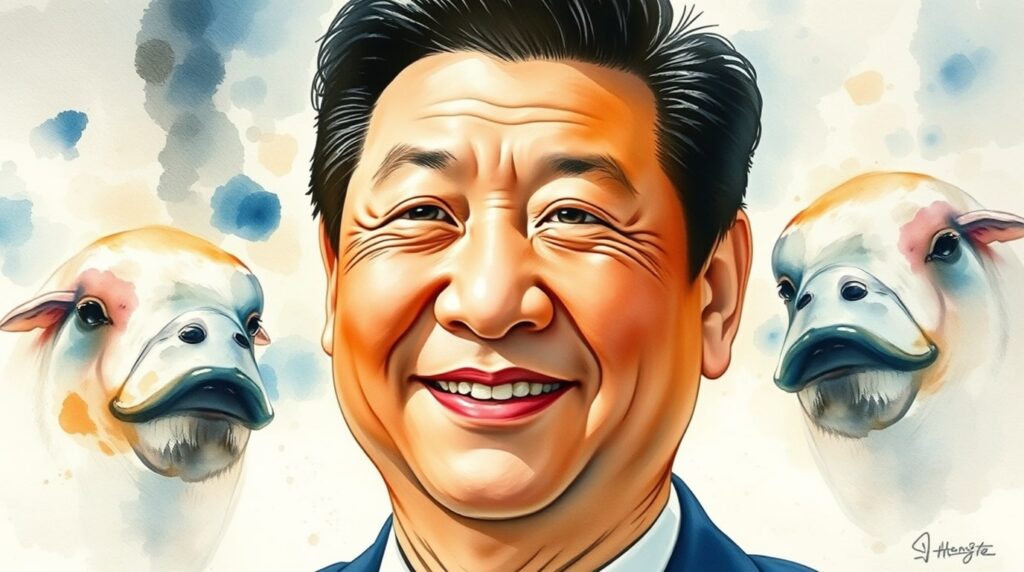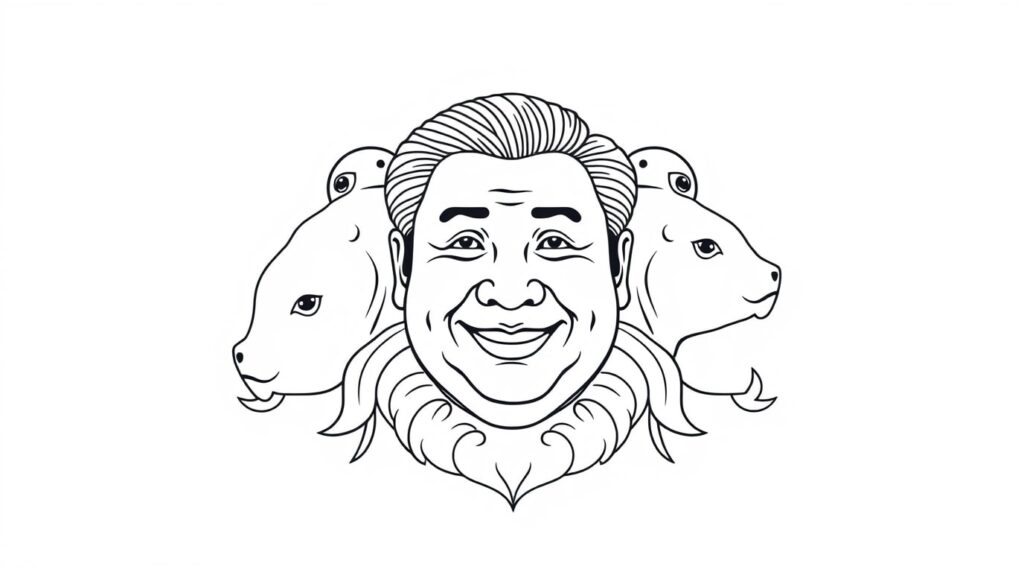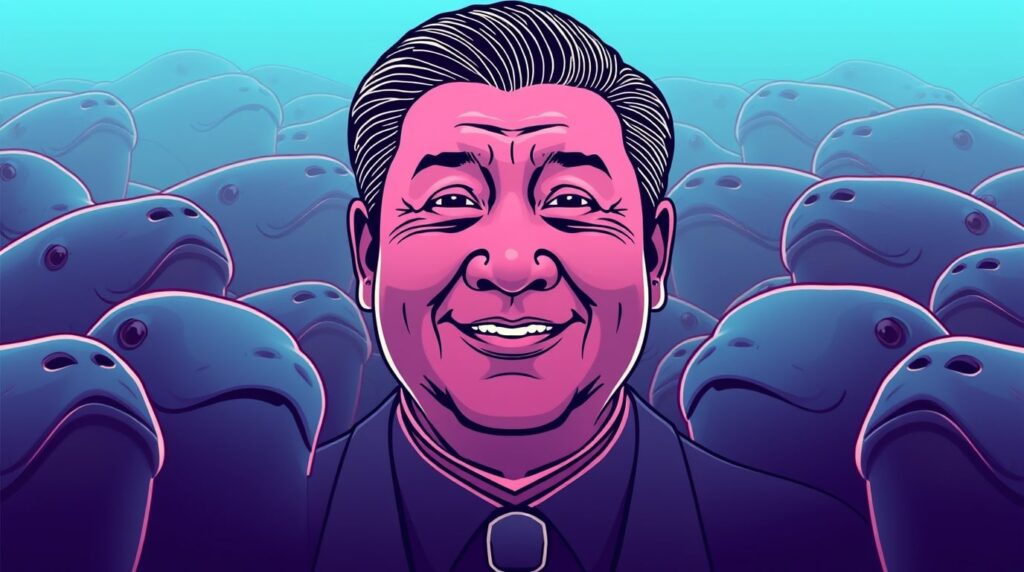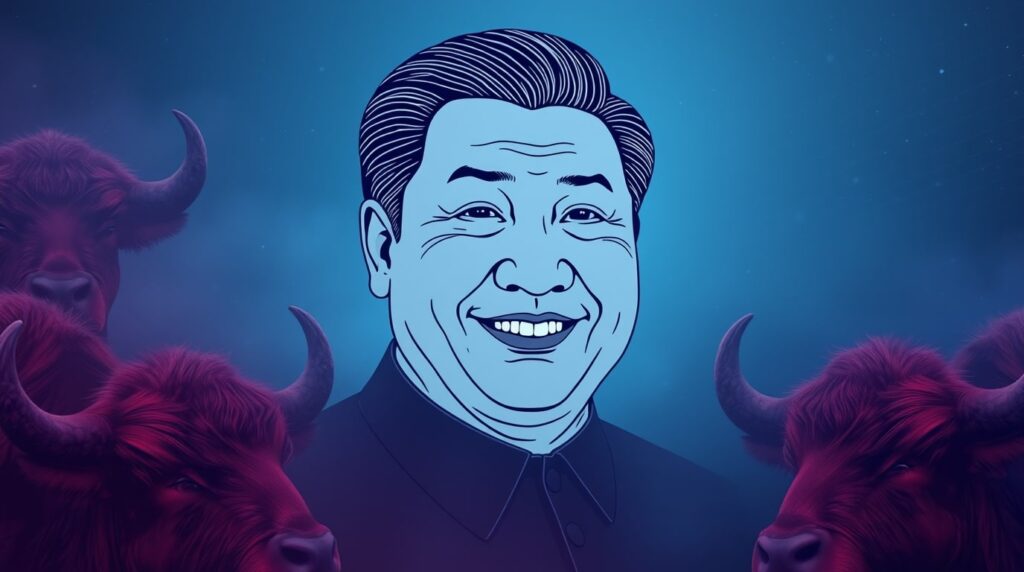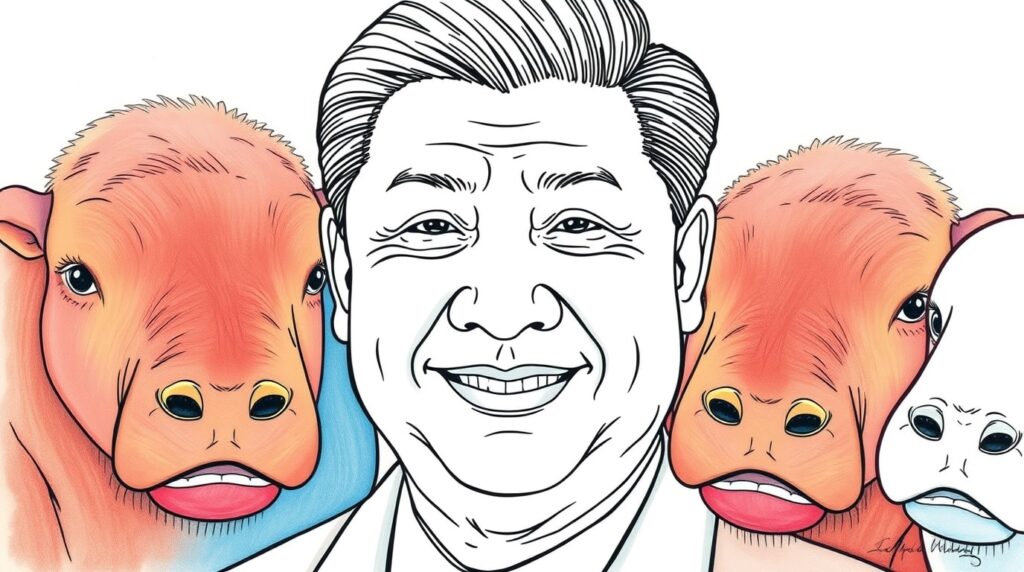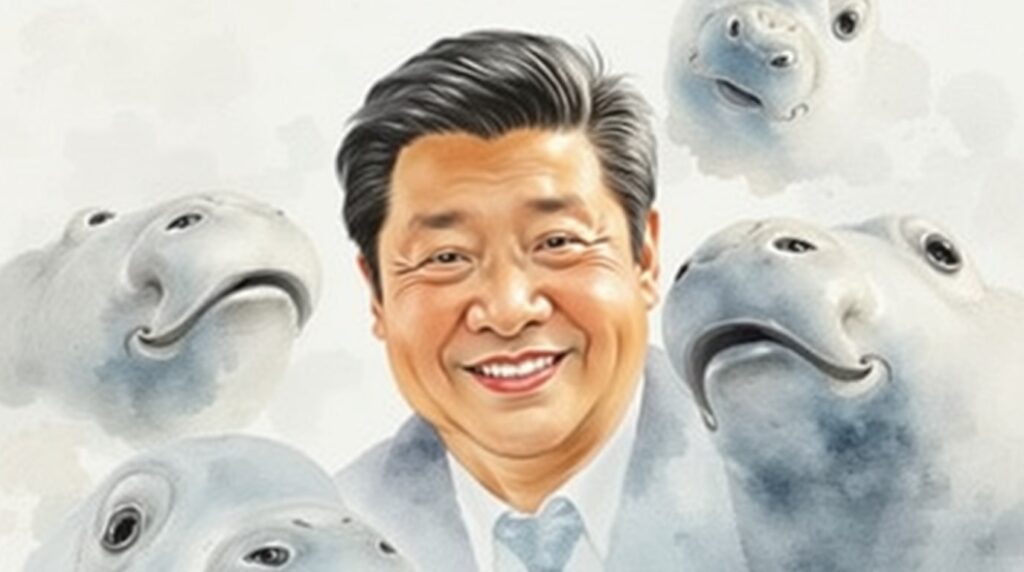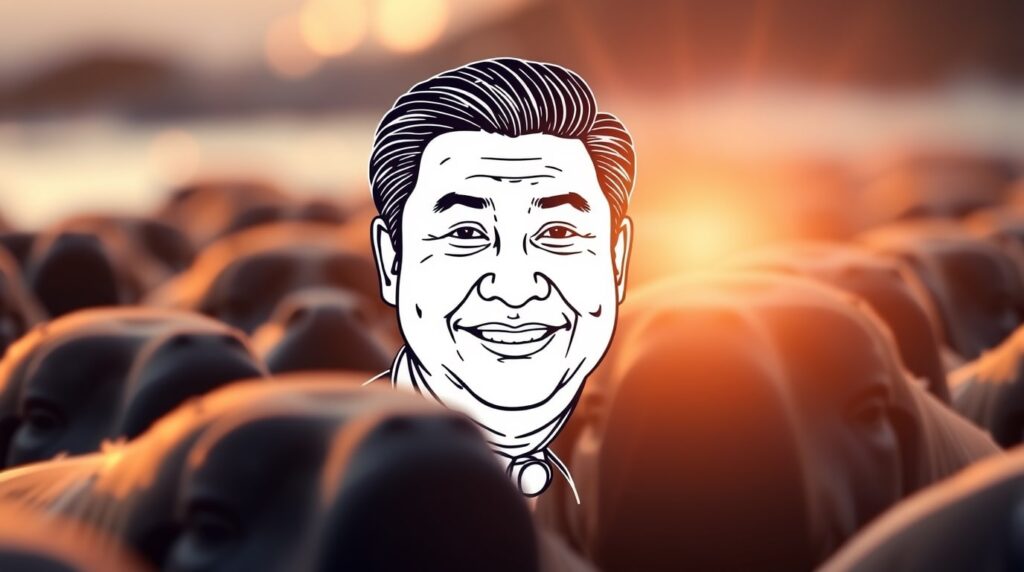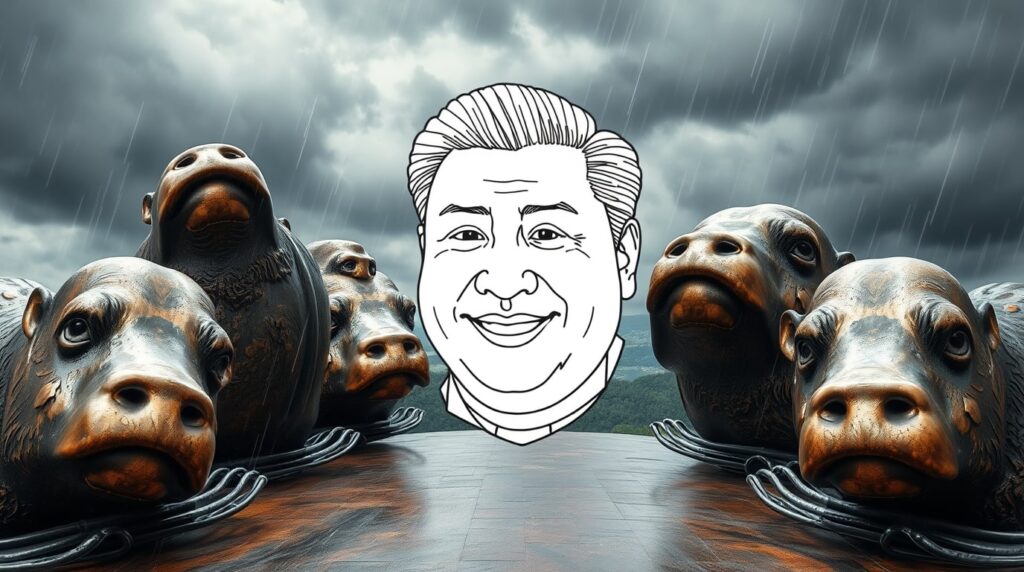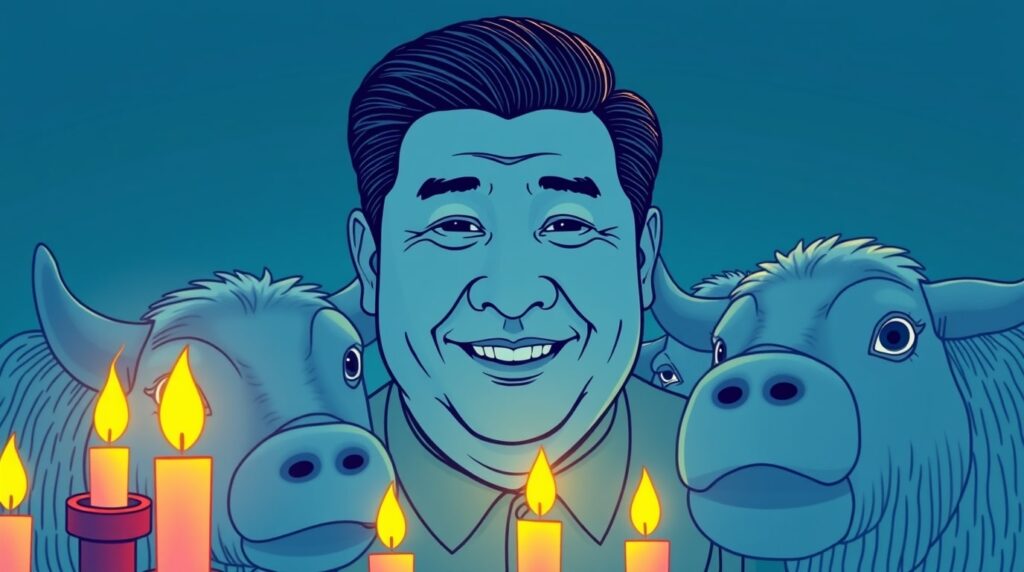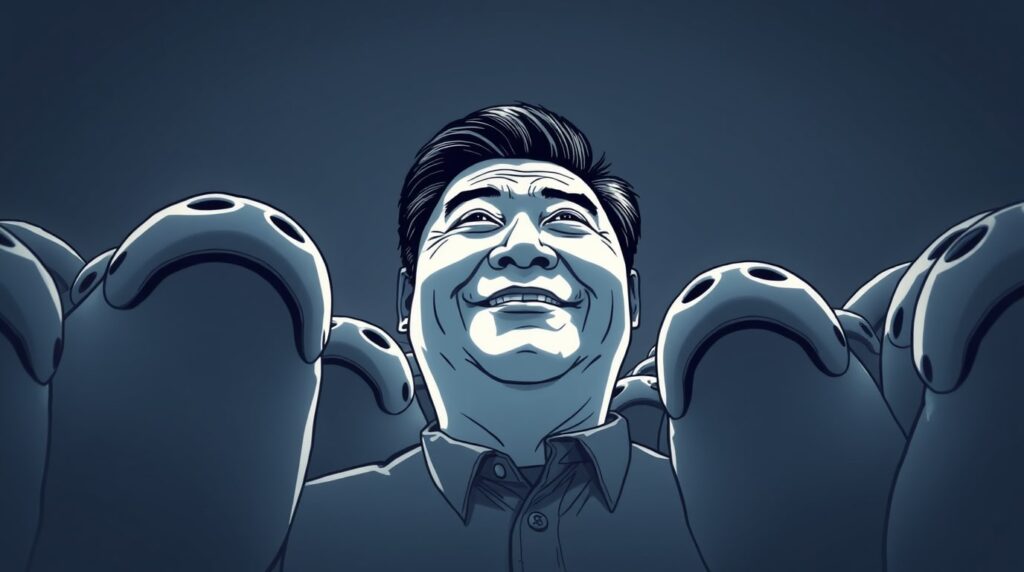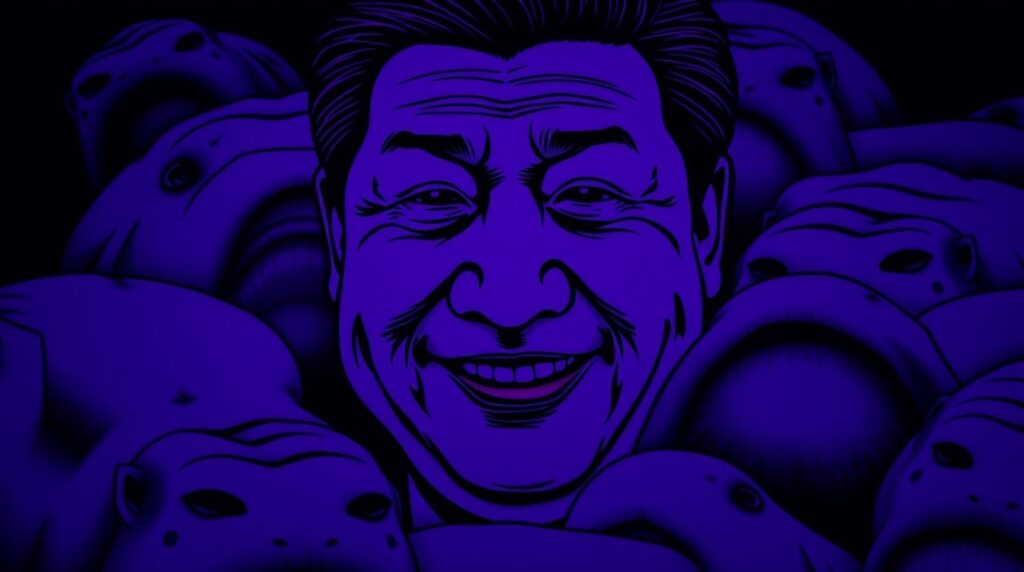Oh boy, ladies and gentlemen, buckle up! Let’s take a fun little trip across the Pacific to the land of dumplings, dragons, and, well, some of the wildest social disparities you’ve ever seen. Yes, we’re talking about China, where the skyscrapers touch the heavens, but some folks are still making do with dirt floors. And the million-dollar question on everyone’s mind: will Xi Jinping, the big boss himself, actually tackle these social inequalities? Let’s dive in, shall we?
First off, let’s set the stage. China’s economy is like that one overachieving kid in high school – straight-A’s, extracurriculars, and somehow still managing to play the guitar at parties. For decades, China has wowed the world with its jaw-dropping economic growth. Skyscrapers sprouted like weeds, bullet trains zipped around like something out of a sci-fi movie, and tech giants like Alibaba became household names. But here’s the catch: while some are popping champagne in their penthouses, others are wondering if they can afford rice for dinner.
Now, you might be thinking, “Wait a second, isn’t communism supposed to level the playing field?” Oh, you sweet summer child. Communism, in theory, is all about equality. But in practice? Let’s just say that some comrades are a lot more equal than others. Case in point: China’s Gini coefficient, a fancy term for income inequality, is high enough to make even American billionaires blush.
So, what’s President Xi doing about it? Great question! Xi Jinping, with his trademark no-nonsense demeanor, has been talking a big game about “common prosperity.” Sounds nice, right? Like something you’d see on a motivational poster with a sunset and some dolphins. But what does it actually mean? Well, in Xi’s world, it’s about reducing the gap between the rich and the poor. That means cracking down on billionaire tycoons, reigning in runaway real estate prices, and giving the little guy a fighting chance.
But let’s not get ahead of ourselves. Xi’s track record on social reforms is, shall we say, complicated. Sure, he’s made some moves. He’s beefed up social safety nets, like health care and education. He’s gone after big tech companies and their “996” work culture (that’s 9 a.m. to 9 p.m., six days a week, for the uninitiated). And he’s tried to cool down the housing market, where prices have skyrocketed faster than a SpaceX rocket. But has it worked? Ehh, it’s a mixed bag.
Take housing, for example. In China, owning an apartment isn’t just a place to live; it’s a status symbol, an investment, and a prerequisite for getting married (seriously). So, when Xi tried to rein in the market, it’s like telling Americans to give up their SUVs. Not gonna happen. And while tech workers might be getting slightly more humane hours, the broader labor market is still a jungle.
Then there’s rural China, where millions of people still live without basic amenities. For all of Beijing’s big talk about lifting people out of poverty, the countryside often feels like a forgotten relic of the past. Schools are underfunded, hospitals are miles away, and jobs? Don’t even ask. It’s a stark contrast to the glitzy urban centers that dominate the headlines.
And let’s not forget about the middle class, who’ve been squeezed harder than a tube of toothpaste. They’re the ones juggling skyrocketing living costs, intense work pressure, and the occasional government crackdown on their favorite hobbies (RIP online gaming). For them, “common prosperity” often feels more like a pipe dream than a policy.
Of course, no discussion about China’s social inequalities would be complete without mentioning the, ahem, political angle. Xi Jinping isn’t exactly known for his love of dissent. So, while he’s quick to crack down on billionaire misbehavior, he’s equally quick to silence anyone who dares to criticize his policies. It’s a bit like having a landlord who fixes your leaky faucet but kicks you out for complaining about the rent.
So, will Xi Jinping really address China’s social inequalities? Honestly, it’s like betting on a wild card at a poker table. On one hand, he’s got the power, the rhetoric, and the resources to make real change. On the other hand, his top-down approach and aversion to criticism might just create new problems while solving old ones.
At the end of the day, China’s social inequalities are as complex as they come. They’re tied up in history, culture, politics, and economics, making them a tough nut to crack. But hey, at least we’ve got front-row seats to the drama. So, grab some popcorn, folks. Whether Xi succeeds, stumbles, or somewhere in between, it’s bound to be one heck of a show!
